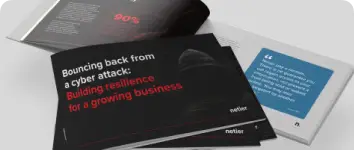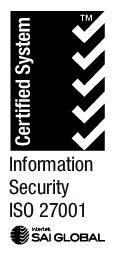
Phishing emails are getting more and more difficult to spot. When receiving an email that just doesn’t feel right think about why it doesn’t feel right – either it’s something completely out of the blue that you weren’t expecting, or the details on the email seem odd.
How to check for phishing emails:
- Click on the sender details and look at the actual email address the email has come from. Is it the exact email address you would usually receive notifications like this from? Or are there extra letters or characters in the address.
- Hover your mouse (or long press your finger on the link on a mobile device) to see where the links on the email are actually taking you. Is the address for the link going to the correct website? Or is it taking you to a fake version.
- Check any other information the sender has included like phone numbers or account details – are they incorrect, or more worryingly, have they included details about your account they shouldn’t know? Probably a good idea to change passwords if they have!
- If the three above checks are ok, the best action is to load up the website of the vendor you received the email from directly, not by clicking on the link, and checking if the information on the email is true and factual on the vendors site, or giving the vendor a call directly to ask about the email.
Additional Tips to Stay Safe:
Be Cautious with Email Links: Always be cautious when clicking on email links. Phishing emails often contain links that direct you to fake websites designed to steal your information. If you’re unsure, navigate to the website directly through your browser instead of clicking the link.
Use Strong, Unique Passwords: Using strong, unique passwords for each of your accounts can help minimise the damage if one account is compromised. Consider using a password manager to keep track of your passwords.
Enable Two-Factor Authentication: Where possible, enable two-factor authentication (2FA) on your accounts. This adds an extra layer of security, requiring not just a password but also a second form of verification.
Stay Informed and Educated: Phishing tactics are constantly evolving, so staying informed about the latest scams and how to recognise them can help protect you. Regularly educate yourself and your team about phishing and other cyber threats.
Netier Can Help Manage Your Security
This time of year can be stressful; your bank account doesn’t need the added stress of giving presents to scammers. Contact Netier today to discuss how we can help manage your IT and cybersecurity for you. Our expert team can provide the tools and knowledge you need to protect your business from phishing and other cyber threats.




